
There’s not much arguing that there’s a mental health crisis sweeping the nation today. The reality is that there has always been a mental health crisis, but we’re taking it more seriously now. In The Rest of Us, director Linda G. Mills takes us back to the fall of 2001 as the faculty and students at Blair University must cope with a series of suicides.
Amy (Amanda Debraux) is a promising young student struggling to complete her master’s thesis in wireless communications. She’s best friends with Calvin (Preston Martin), whose avant-garde perspective on life makes him no allies at the college. As the professors pressure the two to take their education seriously, news sweeps across the campus that planes have crashed into the World Trade Center.
The event triggers the first of a series of suicides beginning with Amy’s close friend, Stayci (Mars Williams). Amy and Stayci’s boyfriend, Chris (Peter Mark Kendall), are left wondering what happened and what signs they miss. Shortly afterward, another student commits suicide, and the third person to take their life is Amy’s new roommate, Maddie (Angela Sclafani).
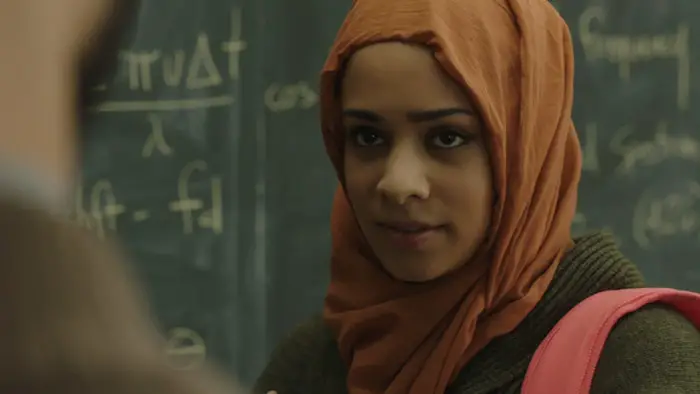
“…the faculty and students at Blair University must cope with a series of suicides.”
While the world is trying to come to grips with the World Trade Center attacks, so is the Blair University administration led by Dean Patterson (Laila Robins). She is tasked to take care of the situation, and “struggle” is an understatement as one misstep follows the other. Along with heartache and frustration, 9/11 also brought a great deal of hysteria against the Muslim community. In this case, Muslim student Reina (Devika Bhise) is being harassed and bullied. Seemingly her only ally is Professor Perzada (Raffi Barsoumian), a non-practicing Muslim, passing as Hispanic.
Let me start with the film’s shortcomings and end on a positive note. The Rest of Us has a tone problem, and after watching it all, I was left wondering what kind of story this was meant to be. It begins and ends with warnings and disclaimers that the subject matter of campus suicides may compromise one’s mental health, and sensitive viewers should not watch. This makes it seem that the film was designed to bring awareness to mental health issues and suicide, which it does. But this is not a message movie. It’s a straight-up drama taking many turns one would associate with a dramatic piece.
So, what the hell does that mean? I’ll tell you. There are dramatic elements that make for engaging storytelling but may not be advisable if you’re looking to highlight ways to deal with suicidal thoughts. For example, The Rest of Us paints the Blair University administration as entirely incompetent and ill-equipped to take on this national disaster. Guess what? NO ONE WAS PREPARED to handle a 9/11-type tragedy.
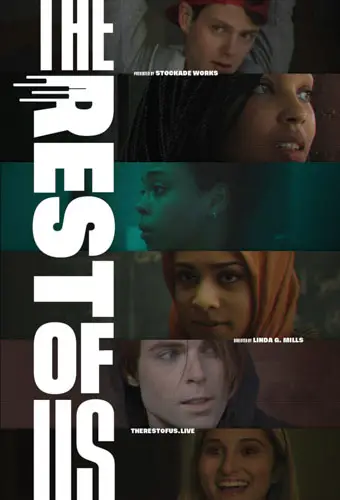
"…does a fantastic job calling attention to our current mental health crisis while encouraging empathy and compassion."
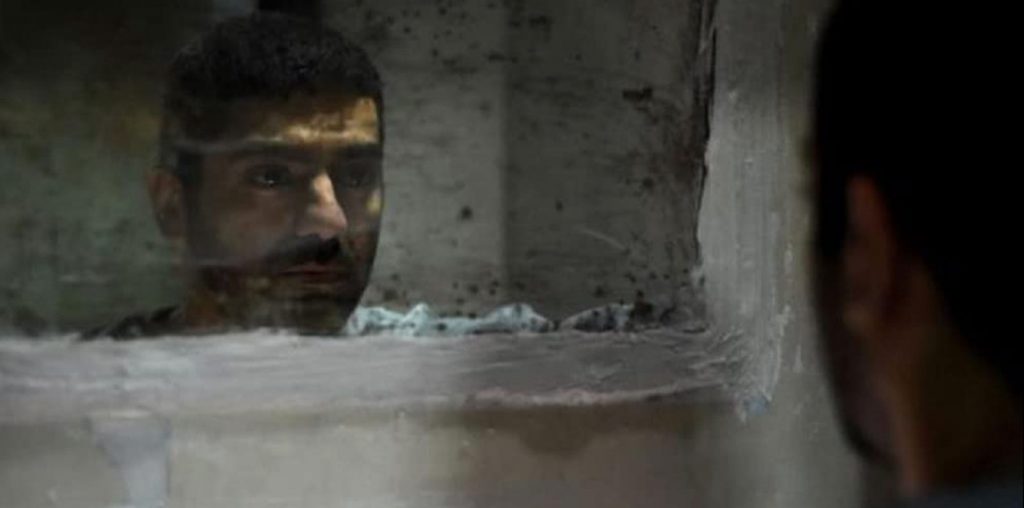
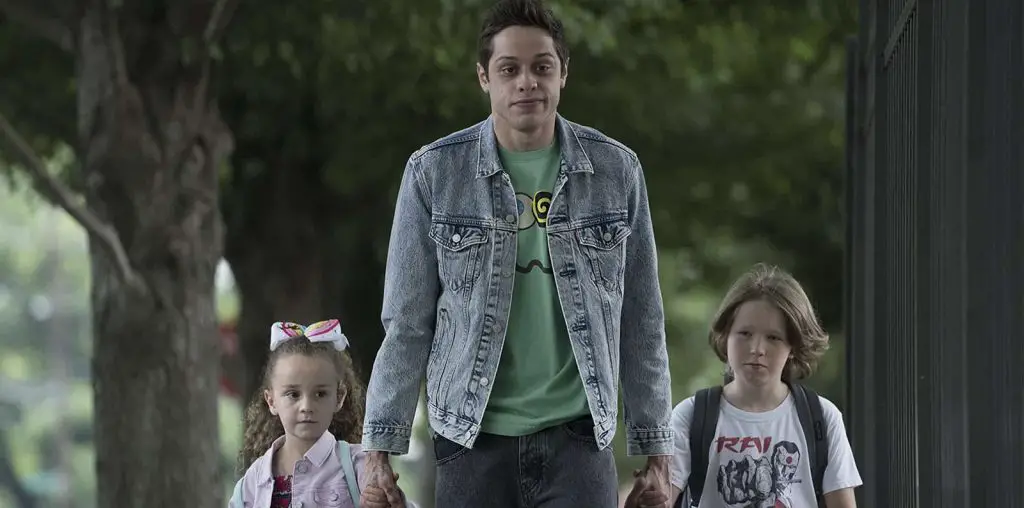
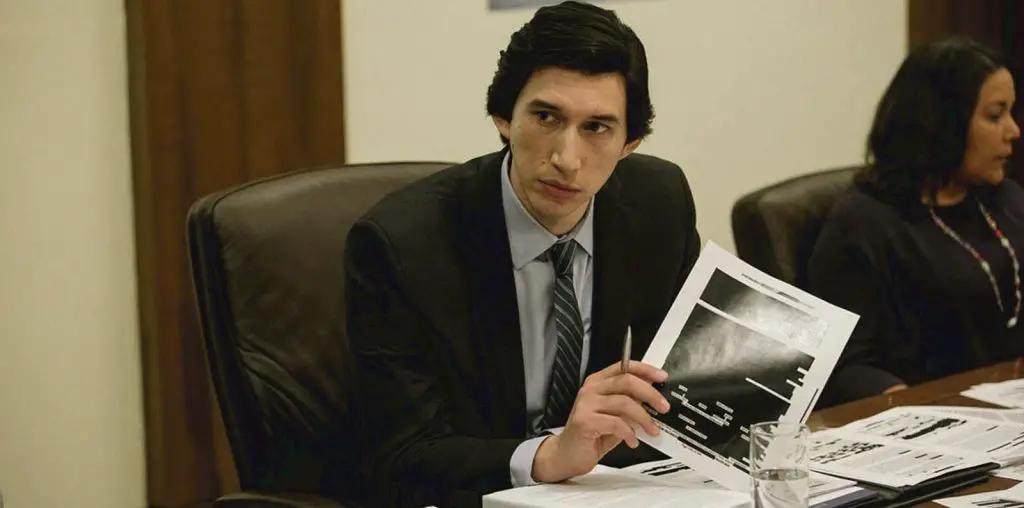
[…] Source link […]